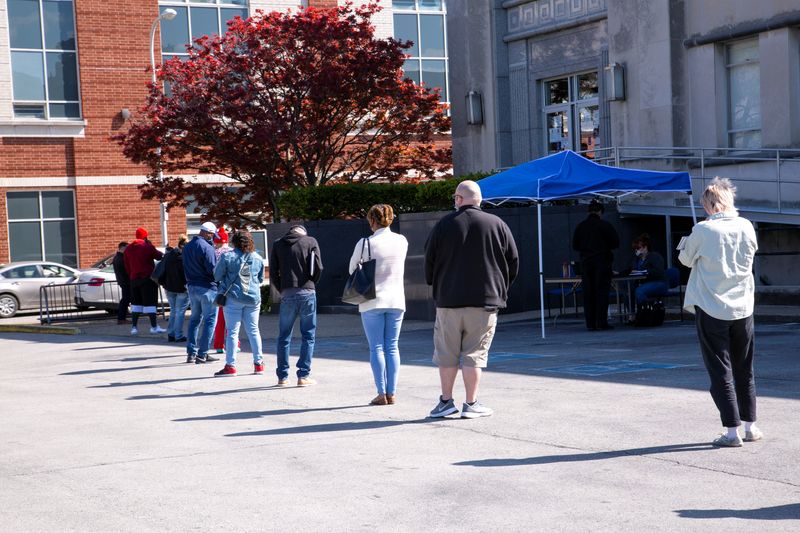Japan September household spending rises 1.8% year/year
PositiveFinancial Markets

Japan September household spending rises 1.8% year/year
In September, Japan saw a 1.8% increase in household spending compared to the previous year, signaling a positive trend in consumer confidence and economic recovery. This rise is significant as it reflects the resilience of Japanese households amidst global economic challenges, suggesting that consumers are beginning to feel more secure in their financial situations.
— via World Pulse Now AI Editorial System







